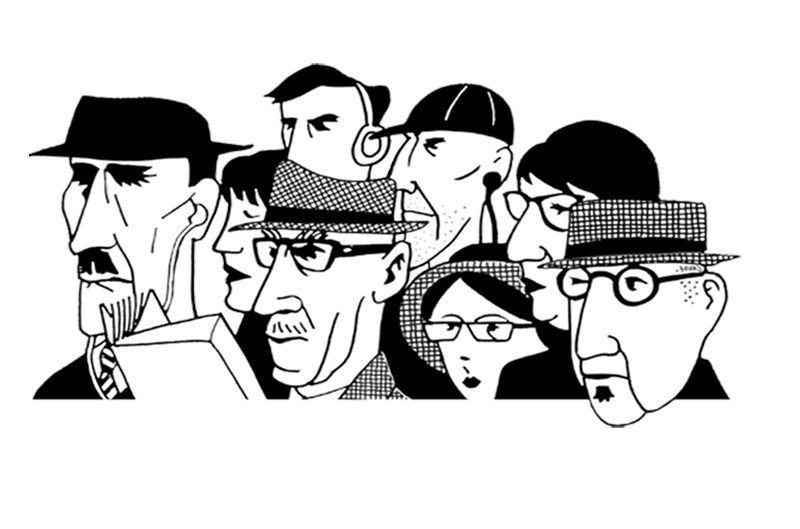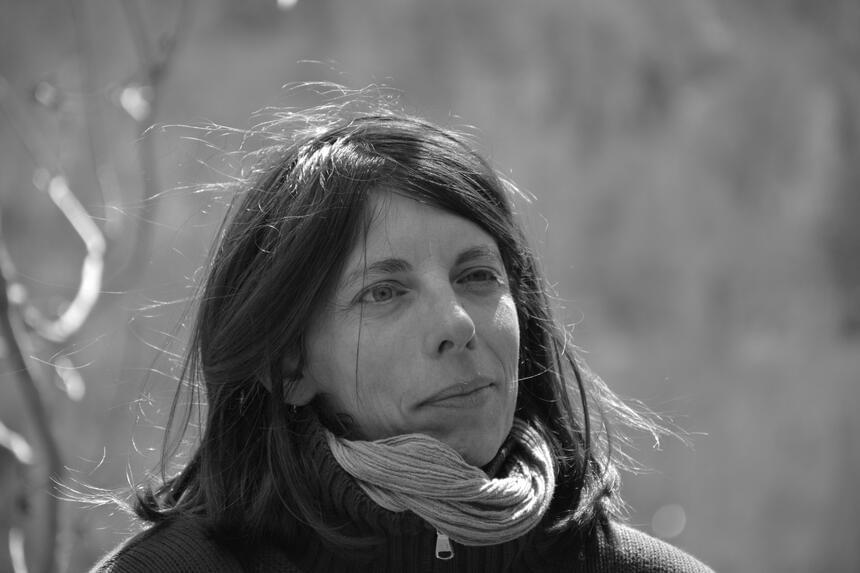One Day I’ll Tell You Everything
Emmanuelle Salasc
Translated by Penny Hueston
Please note that Emmanuelle Pagano is now known as Emmanuelle Salasc.
After ten years away, Adèle has returned to drive the school bus in the village in the Ardèche mountains where she grew up. Her body has undergone seismic transformations, just like the landscape around her. No one recognises her. But when a snowstorm strands the bus on a mountainside, Adèle and her passengers take shelter in a cave, and the secrets begin to emerge.
One Day I’ll Tell You Everything is the haunting story of two siblings—a younger brother and his older sister, who used to be his brother.
INTERVIEWS and REVIEWS
ANZ Lit Lovers
Happy Mag
andOne Day I’ll Tell You Everything
‘One Day I’ll Tell You Everything is a sumptuous read. My senses were set alight—I could feel the sun, smell the air, taste the snow. At its heart lies the story of Adele—a woman who is at once fleeing, and reconciling with, her past. It is Adele who gives the book its pulse. Every page thrums with her love.’
‘There is something luminous and gentle about Emmanuelle Pagano’s prose…We do not expect the female narrator to have been a him. The theme of femininity carried by the substance of the writing itself takes on a deeper and more radical meaning…Pagano also excels at rendering palpable the lives of a tight-lipped, enclosed community, where the wind is a hazard and where farm anecdotes can become local mythology.’
‘Close to being a masterpiece. A novel full of grace that takes us into the heart of female experience.’
‘A superb novel, both thrilling and consoling.’
‘A love story that is as troubling as it is exhilarating. Whether she’s writing about bodies in torment or her Ardèche mountains, her writing is all sensuality.’
‘In One Day I’ll Tell You Everything, Emmanuelle Pagano infiltrates the intricacies of families and romantic turmoil; she strips bare the eternal duel between absolute love and failure to understand…Pagano writes with sensitivity, from the bottom of her heart. She takes us into a love story that is as troubling as it is exhilarating. Whether she’s writing about tormented, disadvantaged bodies, or her Ardèche mountains, her writing is all sensuality.’
‘To live in one’s body as if it were a foreign, inhospitable land: this thread of suffering runs through the novel like a burn…Pagano, a young writer, who is also a screenwriter (for Leos Carax, among others) ,has a talent for creating images…A vibrant, fundamental truth emerges from these pages.’
‘This novel is above all moving because of the author’s extraordinarily beautiful language—both harsh and uncompromising like the climate, and exquisitely crafted and poetic—when, for instance, Adèle describes herself as masculine or feminine, depending on whether it is before or after her operation.’
‘Adèle’s brother has never understood her, and hasn’t spoken to her for ten years…Apart from her brother, no one in the village knows the truth about Adèle, not even Tony, with whom she is having a love affair she never thought possible…The truth emerges from the mouth of a child, one of the adolescents Adèle drives to and from school every day, and who constitute as many mirrors in which she does and doesn’t recognise herself…The vulnerabilities of this person living in a body that is alien to her are subtly echoed by the issues of identity experienced by her adolescent passengers. Emmanuelle Pagano’s voice is understated and brilliant; she reveals the convulsions of the soul, the subtle feelings of her characters—One Day I’ll Tell You Everything is a heartrending book.’
‘A writer of immense originality: she has a sharp awareness of bodies and the visible or secret movements of those bodies, a language rich with images and seemingly familiar, but in reality shrewdly sophisticated, and a deep knowledge of nature and all the forces that pass through nature.’
‘Pagano writes about siblings, about love and lies, about life slipping away, and about adolescents who are full of life. She speaks about bodies transforming, seasons changing, and memories that never fade. This extraordinarily beautiful novel, both sensitive and thoughtful, has an astute and deeply affecting ending.’
‘This is a beautiful book about an ordinary person whose life becomes extraordinary—Adéle becomes heroic in more ways than one…I hope this book is widely read.’






